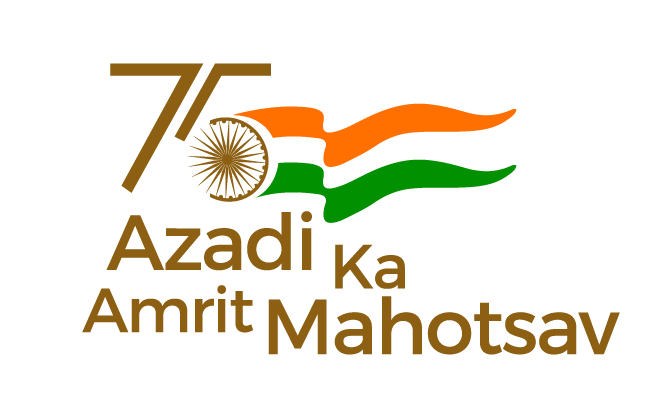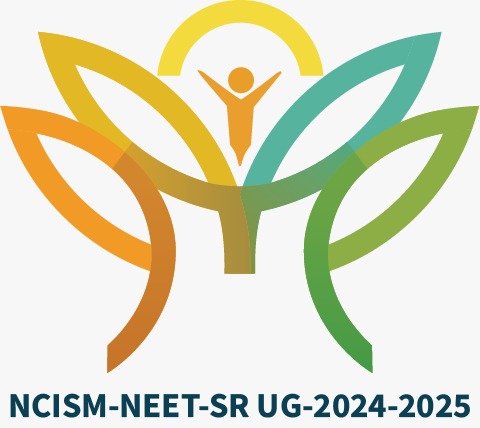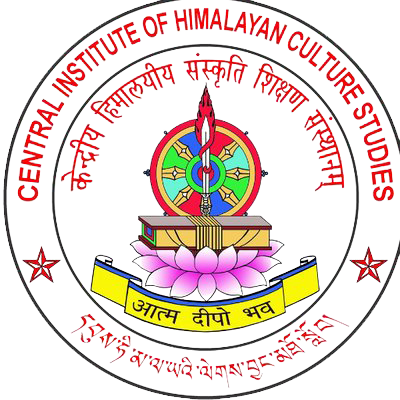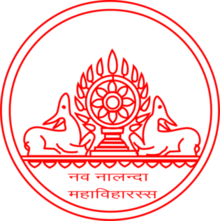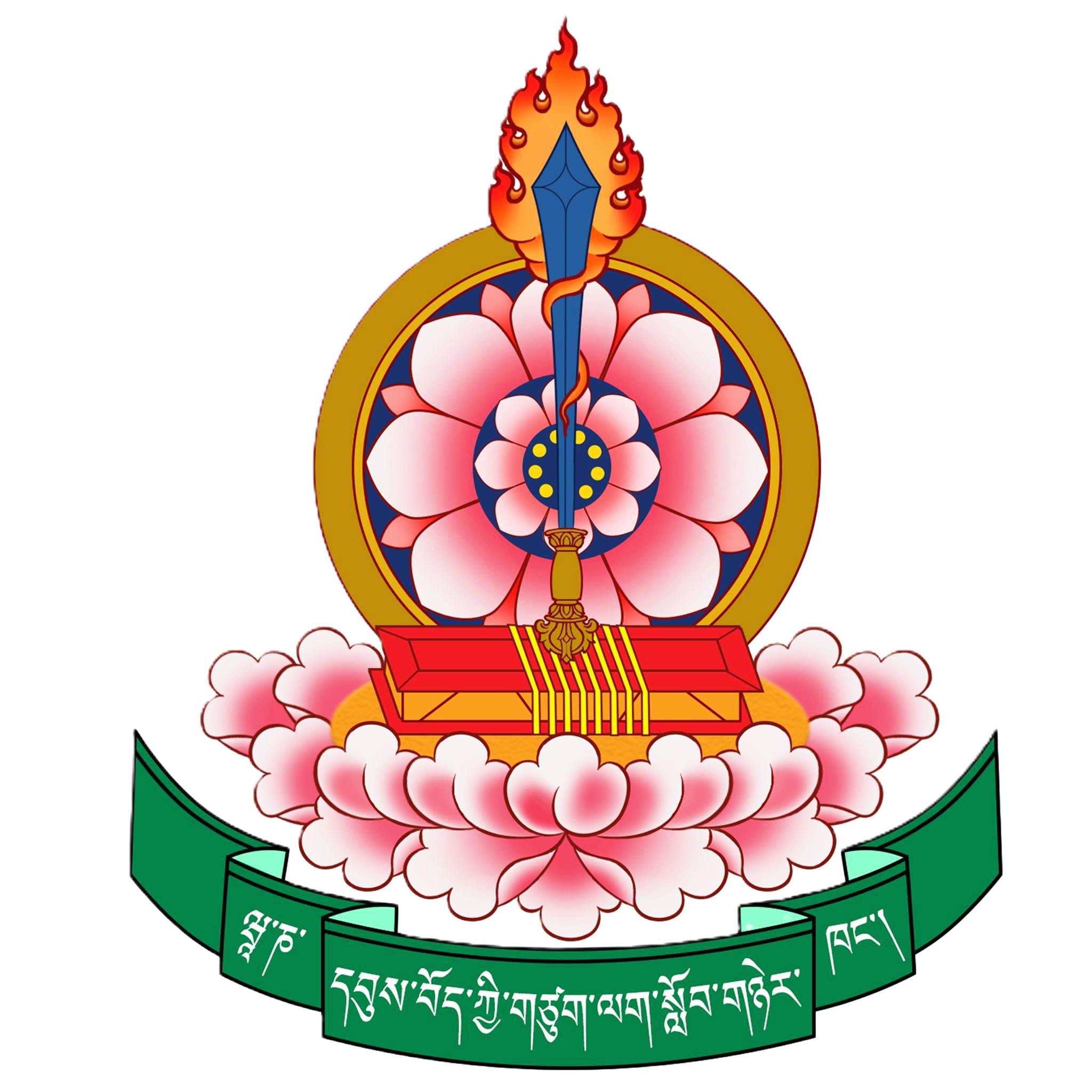ལས་ཁུངས།
གསལ་བསྒྲགས།

བོན་ཆོས་བརྒྱུད་ཀྱི་སྡེ་ཚན།
བོན་ནམ་ཡང་ན་གཡུང་དྲུང་བོན་ནི། འདས་པའི་ལོ་ངོ་ ༡༨༠༠༠ ཙམ་གྱི་ཡར་སྔོན་དུ་སྟོན་པ་གཤེན་རབ་མི་བོ་ཆེ་ཡིས་སྲོལ་གཏོད་པའི་བོད་ཀྱི་གདོད ་མའི་ཆོས་ལུགས་ཤིག་ཡིན་པ་དང་། དེ་ནི་བོད་དང་ཧི་མ་ལ་ཡའི་ས་ཁུལ་དུ་གཞི་རྐང་ཚུགས་པའི་གནད་འགག་ཆེ་བའི་ཆོས་ལུག ས་ཤིག་ཡིན། སྟོན་པ་གཤེན་རབ་ནི་ཞང་ཞུང་རྒྱལ་ཁབ་ཀྱི་རྒྱལ་པོ་རྒྱལ་བོན་ཐོད་དཀར་དང་བཙུན་མོ ་ཡོ་ཕྱི་རྒྱལ་བཞད་མ་གཉིས་ཀྱི་སྲས་སུ་འཁྲུངས། ཁོང་སྐུ་དར་མའི་དུས་སུ་བཟའ་ཟླ་བཞེས་པ་ལས་སྲས་བརྒྱད་དང་སྲས་མོ་གཉིས་འཁྲུངས། དགུང་ལོ་སོ་གཅིག་པར་འཇིག་རྟེན་རྒྱལ་སྲིད་ཀྱི་བྱ་བ་རྣམས་སྤངས་ཏེ་རབ་ཏུ་བྱུང་ ། ཁོང་གིས་བོན་ཆོས་ལུགས་ཉམས་བཞེས་མཛད་དེ་བྱང་ཆུབ་ཀྱི་ལམ་དུ་གཤེགས། བོན་ཆོས་བརྒྱུད་སྡེ་ཚན་ནས་སྟོན་པ་གཤེན་རབ་ཀྱིས་བཀའ་དང་། དེའི་དགོངས་འགྲེལ་བཀའ་བརྟེན་ཁག་ལ་གཞིགས་ཏེ་བསླབ་གཞི་གཏན་འབེབས་དང་རྩོམ་སྒྲི ག་ཞུས་ཡོད་པ་ལས་བོན་གྱི་ཐེག་པ་རིམ་པ་དགུའི་གནད་དེ། སེམས་ཅན་སྡུག་བསྔལ་ལས་ཐར་བའི་ཚུལ་དང་། གཞན་ཕན་གྱི་བསམ་པ་བསྐྱེད་ཚུལ། སངས་རྒྱས་ཀྱི་གོ་འཕང་འཐོབ་ཚུལ་སོགས་གཞི་ལམ་འབྲས་གསུམ་གྱི་རྣམ་གཞག་ཀུན་ཡོངས་ སུ་ཚང་ཡོད།
སྡེ་ཚན་གྱི་བསླབ་གཞི་ཁག
- བསྟན་བཅོས།
- སློབ་དཔོན།
བསླབ་གཞིའི་གྲུབ་འབྲས།
- བོན་ཆོས་བརྒྱུད་ཀྱི་བསྟན་བཅོས་འཛིན་གྲྭ།
བོན་ནམ་ཡང་ན་གཡུང་དྲུང་བོན་ནི། འདས་པའི་ལོ་ངོ་ ༡༨༠༠༠ ཙམ་གྱི་ཡར་སྔོན་དུ་སྟོན་པ་གཤེན་རབ་མི་བོ་ཆེ་ཡིས་སྲོལ་གཏོད་པའི་བོད་ཀྱི་གདོད ་མའི་ཆོས་ལུགས་ཤིག་ཡིན་པ་དང་། དེ་ནི་བོད་དང་ཧི་མ་ལ་ཡའི་ས་ཁུལ་དུ་གཞི་རྐང་ཚུགས་པའི་གནད་འགག་ཆེ་བའི་ཆོས་ལུག ས་ཤིག་ཡིན། སྟོན་པ་གཤེན་རབ་ནི་ཞང་ཞུང་རྒྱལ་ཁབ་ཀྱི་རྒྱལ་པོ་རྒྱལ་བོན་ཐོད་དཀར་དང་བཙུན་མོ ་ཡོ་ཕྱི་རྒྱལ་བཞད་མ་གཉིས་ཀྱི་སྲས་སུ་འཁྲུངས། ཁོང་སྐུ་དར་མའི་དུས་སུ་བཟའ་ཟླ་བཞེས་པ་ལས་སྲས་བརྒྱད་དང་སྲས་མོ་གཉིས་འཁྲུངས། དགུང་ལོ་སོ་གཅིག་པར་འཇིག་རྟེན་རྒྱལ་སྲིད་ཀྱི་བྱ་བ་རྣམས་སྤངས་ཏེ་རབ་ཏུ་བྱུང་ ། ཁོང་གིས་བོན་ཆོས་ལུགས་ཉམས་བཞེས་མཛད་དེ་བྱང་ཆུབ་ཀྱི་ལམ་དུ་གཤེགས། བོན་ཆོས་བརྒྱུད་སྡེ་ཚན་ནས་སྟོན་པ་གཤེན་རབ་ཀྱིས་བཀའ་དང་། དེའི་དགོངས་འགྲེལ་བཀའ་བརྟེན་ཁག་ལ་གཞིགས་ཏེ་བསླབ་གཞི་གཏན་འབེབས་དང་རྩོམ་སྒྲི ག་ཞུས་ཡོད་པ་ལས་བོན་གྱི་ཐེག་པ་རིམ་པ་དགུའི་གནད་དེ། སེམས་ཅན་སྡུག་བསྔལ་ལས་ཐར་བའི་ཚུལ་དང་། གཞན་ཕན་གྱི་བསམ་པ་བསྐྱེད་ཚུལ། སངས་རྒྱས་ཀྱི་གོ་འཕང་འཐོབ་ཚུལ་སོགས་གཞི་ལམ་འབྲས་གསུམ་གྱི་རྣམ་གཞག་ཀུན་ཡོངས་ སུ་ཚང་ཡོད།
- P.G. Acharya (MA) in Bon Sampradaya Shastra:



